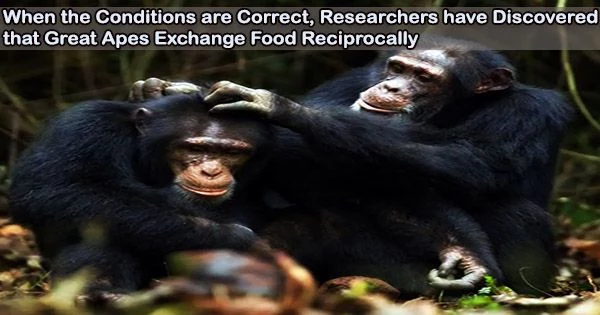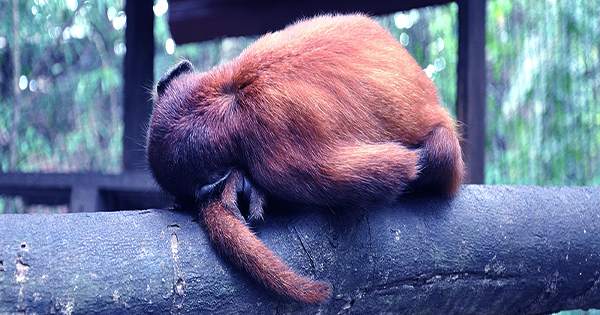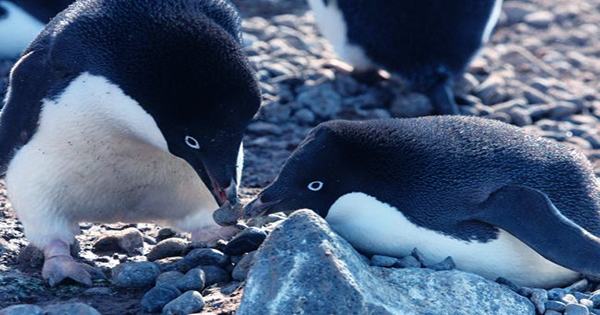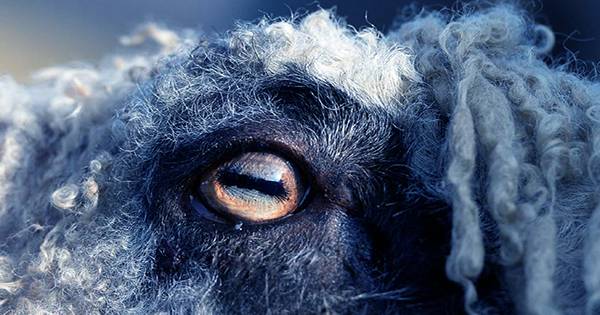According to research conducted by three psychologists from the Hebrew University of Jerusalem, the University of York, and Duke University, great apes occasionally engage in reciprocal food exchange when the conditions are favorable.
In their study, reported in the journal Proceedings of the Royal Society B, Avi Benozio, Bailey House and Michael Tomasello conducted treat-giving experiments with captive chimpanzees and bonobos.
According to previous studies and anecdotal evidence, people tend to reciprocate favors. For example, if someone loans their neighbor a tool, the neighbor is more inclined to share one in return.
Similar to this, people have a tendency to be more likely to share food with those who have previously shared food with them. Previous studies have also revealed that since sharing food is a competitive activity, it is uncommon in other species.
In this new study, the researchers questioned if great apes would be more likely to share food reciprocally if the conditions were favorable. They created and conducted an experiment involving food sharing with captivity chimpanzees and bonobos to find out.
Two gorillas were placed in cages next to one another, with a gap allowing them to share a treat. A swiveling dish with treats on it allowed one volunteer to push all or part of a given goodie to a neighbor.
Under this scenario, few of the apes chose to share their treat. However, when the conditions were adjusted so that the first ape could only receive their gift by sharing with the other monkey, and then they repeated the activity with swapped roles, they choose to share about 70% of the time.
The results were nearly identical when the experiment was performed with four-year-old youngsters, according to the researchers. They come to the conclusion that, under the correct conditions, apes are perfectly capable of reciprocal food exchange.
They also raise the possibility that early humans had to tone down their violent instincts when it came to sharing food in order to forge deeper social bonds.
















